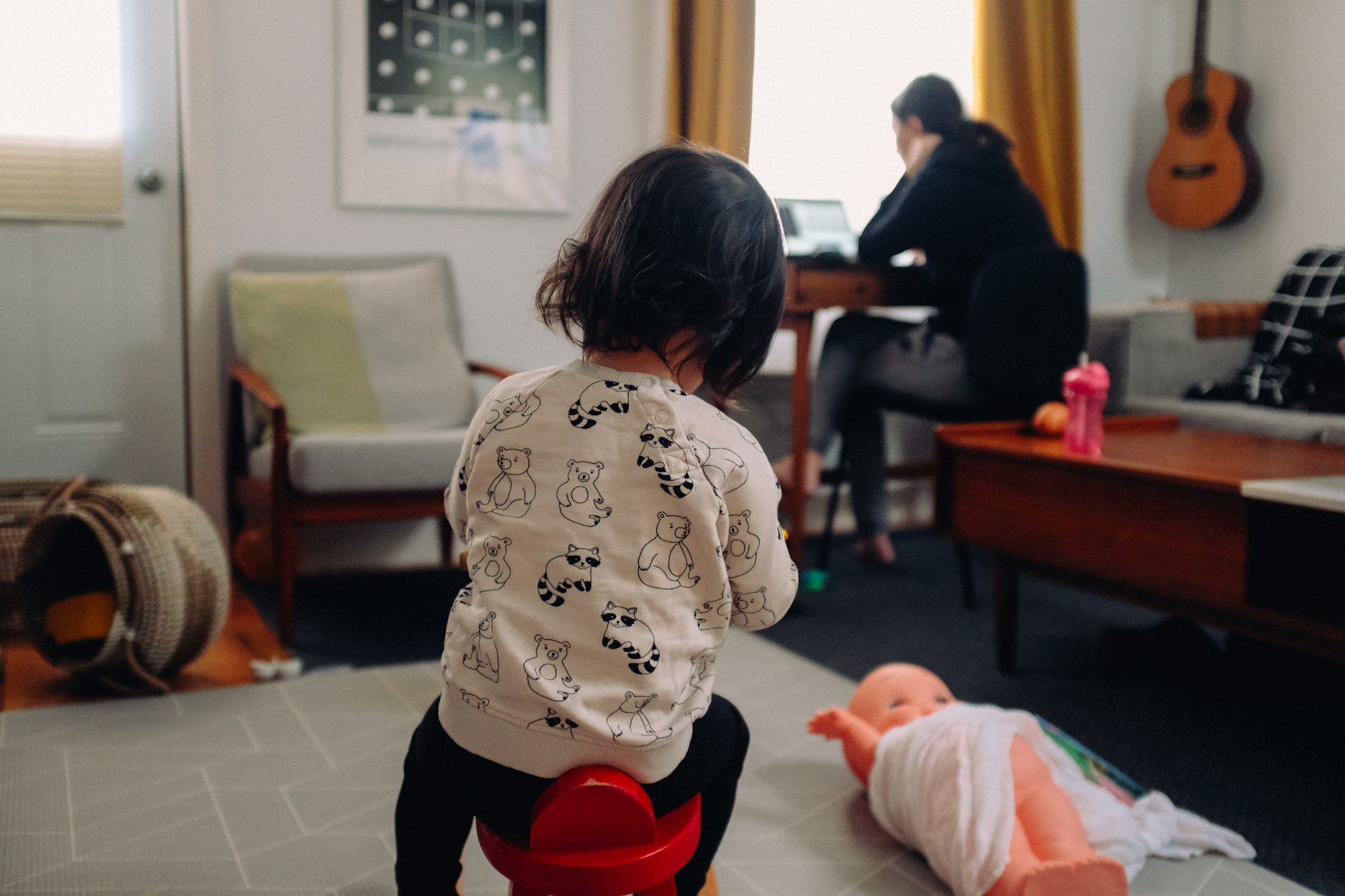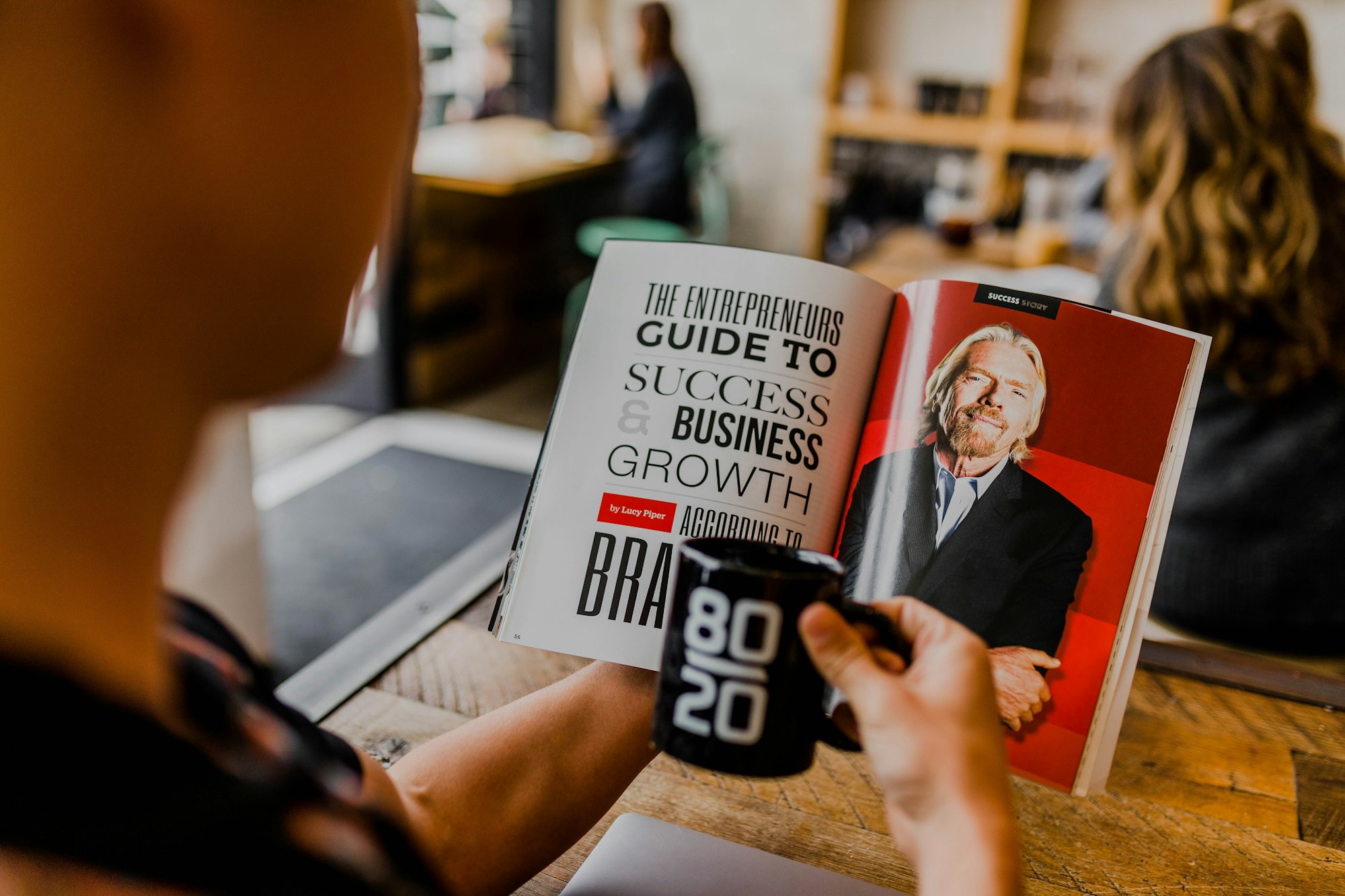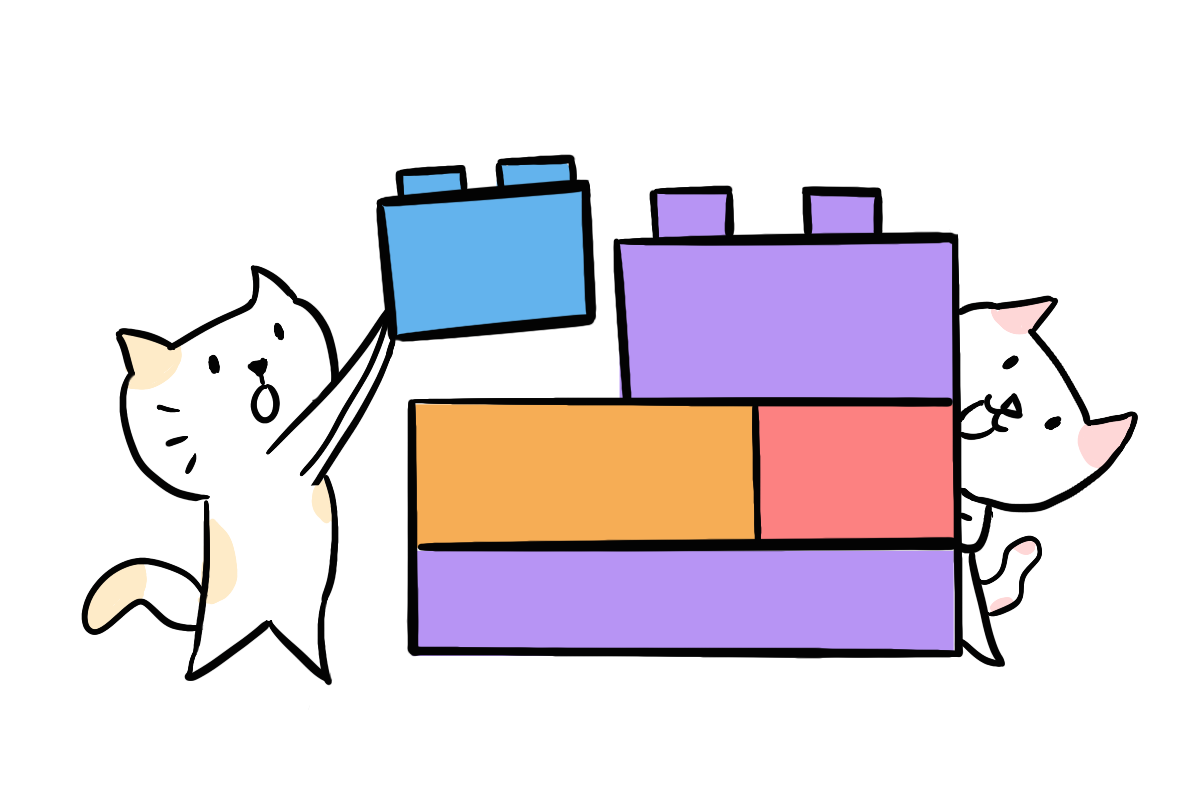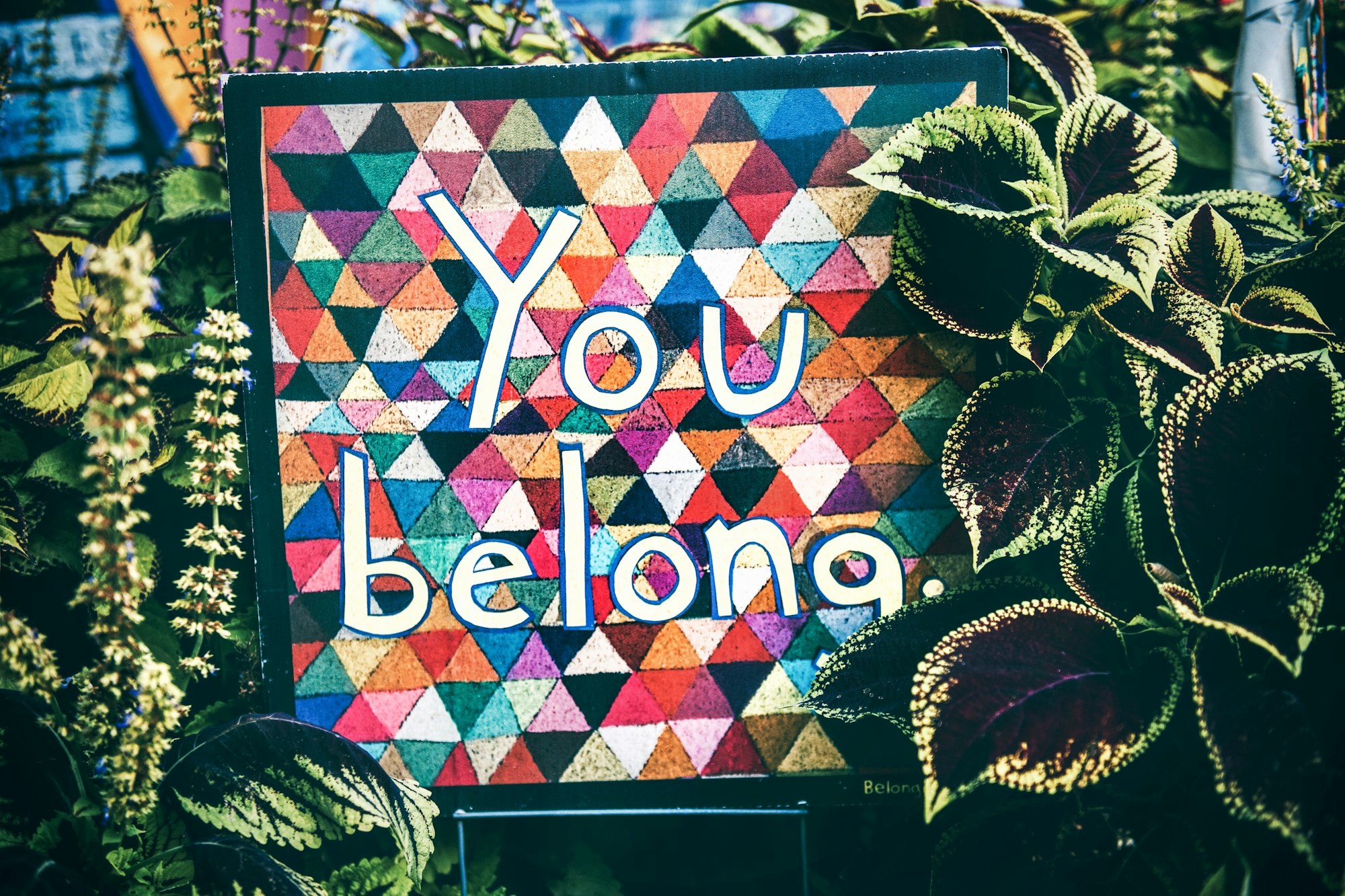On Quiet Quitting

I must have been living under a rock lately or just not on the tikky-toks. The term Quiet quitting popped up in recent conversations. Looking into it, I'm more surprised it's taken this long. As both a human person and a people manager, I think it's both a good thing and a bad thing. Let's dig a little deeper.
What is quiet quitting
There doesn't seem to be an exact definition of it yet. From a quick search, it seems to be defined as an inexact mixture of these things:
- Doing the bare minimum at work
- Not going above and beyond
- Ignoring after-work things (email, slack, etc)
- Not working during off-work hours and events (weekend, vacation, etc)
.png)
For me, the list seems to be about 3 things people are experience currently.
- Disengagement at work
- Unhealthy boundaries
- Burnout
Before we dig deeper to those 3 things, maybe it would be helpful to take a look at how we got here.
How did we get here anyway?
This wasn't an overnight event. Work culture goes beyond just work itself. Our work is tied to the bigger world in more ways than we might think. In many ways, this is generations of different changes all coming together in a perfect storm. Imagine that perfect storm but add sharks. Obviously, the sharks in this case are the recent events like the pandemic.

How work has changed but our perception hasn't
What work looks like in different generations
Five thousand internet years ago (or about 50 calendar years), the world was very different. North America had a lot of manufacturing. Even as "recent" as 20 years ago, things looked vastly different - we had psychical newspapers, DVDs and My Chemical Romance. With all these changes, so do people's jobs. In most cases, people's jobs were hands-on and in-office. A typical day could look like this: You came in, helped build a thing, then went back home to enjoy time with the family.
Work in 2022
First, there's a lot of new jobs that look very different from those before: Social media manager, UX designer, Youtube content creator, etc. We still have jobs that existed for a long time - managers, HR, salespeople, etc. Those look very different today than it did before. We use a lot more technology in the work itself and how we communicate with our coworkers. Generally, we do a lot more collaborating, thinking and analyzing than hands-on work.
What hasn't changed: Our perception of 'work'
Even with all the changes over the years, society hasn't much changed the perception of work. Let's take a two simple examples.
Situation A
Potential Perceptions: Esther, a developer, is unavailable on slack. She went on a walk for 20 mins.
Potential Perceptions: Esther is not doing work. She's out there wasting time not being valuable.
Actual situation: Esther has been hard at work at fixing a bug that's been affecting a lot of customers. Walking helps clear her mind. She comes back refreshed and is able to ensure high quality for her work. Making sure it doesn't affect more customers later.

Situation B
John Seena works on making content for blogs and social media. They are in their office staring into a wall for 30 mins.
Potential Perceptions: John is slacking. "I have to do this and that all day and John just gets to slack off here for hours".
Actual situation: John is working. He's thinking of new content ideas. You can't really see them doing this.
Work has changed
To many, it's instinctive to think working is being hands-on. If you're not at your desk with your hands on your keyboard, you are not bringing value. You have to look busy to be productive. That's no longer correct.
Much of our work today is thinking, creating and collaborating. It looks very different from what we typical think of work. We don't have to look busy to be productive. In today's world, we require time, space, and energy to be effective. We should think of work differently.
Side note: Some companies are now trying to measure productivity by tracking everything you do - how long you stare at documents, having timers for every task, etc. I could bet that what will increase is stress and anxiety. What will also decrease is psychological safety.
Everything, Everywhere all at Once
People are the ones that do work. Even robots still need human care (maintenance, etc). People are affected more than just their work environment. People get affected with what happens to the world around them.
There's this whole pandemic thing that's influenced every human being on the planet. But besides the health impact, a whole slew of events have risen after that event. This is not an exhaustive list but just a few highlights.

Work from Home
A lot of people got a chance to try work from home. This eliminated commutes. This changed how we interact with colleagues. This changed how we interact and spend time with our families, our home and those around it.
It's been both good and bad. For some, they had more time with our loves ones. Others took it as an opportunity to move to a happier place. For others, the shift made it more difficult to build friendships and connections.
One common thread from people is the bounderies of work. With the traditional office ceasing to exist - a lot of people are doing more of everything. A lot more. With zoom, slack and a myriad of documents, there more types and frequency of communication. Because it's so convinient, it's easy to send messages and task outside of normal hours. With working from home, there's seems to be an expecation to get a lot more done than what would've happened before. We're having to deal with more distractions, more always-on moments (zoom calls) and having to do more output.
Tragedies, Injustices, etc
There's been countless tragedies and injustices. It feels more and more common. It For a lot of people, it feels more impactful and closer to home. For some, it means pushing for changes to how we treat each other and the accountability towards that. And with all of this, there more things on people's hearts and minds.
Economic factors
We also have to deal with different economic situations in 2022. Housing and rent is much more expensive than it was compared to previous generations. We're hitting asburdly high inflation rates. There is probably a lot more.

Media, Culture
TV, movies and print used to provide the aspirations to what people should seek. These days social media bombards us every second with that. Sometime ago, the trend was Hustle Culture. You had to be doing everything every second:
- 4:00 am Wake up
- 4:02 am Run up a mountain
- 4:07 am Meditate for 32 mins. Reach self actualization.
- 4:41 am Run back while listening to 3 ebooks at 1.5x speed while curling some weights
- 5:00 am Record your TED talk about how to make every second of your life count while solving world hunger
- 5:25 am Hit up that social. Get that 201% increase in subscribers in the next 15 mins
- 5:45 am Manage your 5 side business. Make sure it's making $300/day or else why bother
- ...
The likely result of all these factors is burnout.
What People Want
I do believe that people want to be their best selves. People don't want to wake up and dread the coming day. People are looking to be engaged about what they do. It's hard to do that with everything that's been happening at work and outside of it.
Quiet Quitting, to me, is really disengagement and burnout at work due to:
- Unrealistic expectations
- Unhealthy boundaries
- People's basic needs are not met
Unrealistic expectations
In 2022, I think we need to rethink our work as a whole if it's not working out. Instead of asking people to just do more - instead ask to think differently. The answers are going to be different depending on the people, company and situation. I do think that some of the questions that drive that are similar.
- What does success look like?
- Are we setting up people to be successful?

What does success look like?
A lot of companies, it's departments and teams are different. Working in legal is obviously different than an engineering department. We have to look at each team and role to figure out what does it mean to be an effective in that today?
Example: For a software engineer, success might look like this:
- Be able to work with other teams (product and design) to understand the requirements to what our users need and how it should work
- Discover, build and iterate on the right short and long term solution
- Collaborate with other engineers to make sure the solutions work across engineering
- Knowing the business' goals and how their team's work affect those goals
With that success definition, What are the gaps today?
Say, we're able to figure out what success looks like. Do we actually enable people to have that? Extending the example above, some questions might be:
- Do we have the right type and frequency of collaboration between product and engineering so that they can collaborate? How much friction is there today?
- Do engineers have the right knowledge of existing tools and systems in their team and in the whole of engineering?
- Do engineers know who to reach out to if they need to work with other engineering teams? How does that work without impacting other teams?
- Do engineerings have enough time in a day? Are there too many meetings, processes and rituals? Are those all useful today and moving forward for this particular team?
Defining what's realistic
Hopefully, with some of those questions above, we're able to figure out and address the gaps that exist for people. While doing that, it's important to figure out what is a good realistic expectations for people and teams.
For example:
- If people have half their day in meetings, do people have 4 hours to actually concentrate on tasks?
- If 4 hours a day for concetrated work is what we get, are our projects accounting for that?
- When we estimate or evaluate work, do we consider things like people going on vacations, holidays, etc?
- Do we allow for a buffer for inconsistency - Do we understand that some days people are not 100%. Sometimes people are able to do more. Sometimes less. The 4 hours of concetrated work on Friday may produce different results then if it's people are coming back from a long weekend
Unhealthy Boundaries
People need healthy boundaries away from work. Knowledge workers especially need time to step away. It helps them get back and be at their best. Thinking and creating is work. It is hard work. Collaboration with others is work. Even in a good environment, collaboration can be very inspiring but draining at the same time.
Building healthy boundaries might be different depending on the type of work, people's situation and the industry they are in. It is not a simple task. You can build processes and rules around boundaries and it may still fall short.
Culture is a big part to building healthy boundaries. People need to know how to communicate and collaborate with others. Then, people need to know and respect the limits to that. Leaders need to actively and consistenly demonstrate it.
Some example situations:
- What if it's after 5pm? Do I send this email or slack message?
- What if it's after 5pm and I see a slack message? Can I safely ignore this for tomorrow? What if it's my boss? What if it's my coworker?
- What if the person I'm working with is not the same timezone? Do I make meetings for my 9-5 or their 9-5?
A few side notes. There are now places where it's a law to make sure people are able to disconnect. Unfortunately, there are also places where there's societal culture to working. For example, in some Asian countries, after work dinners are culturally mandatory.

People's basic needs are not met
Everyone has basic needs at work - psychological safety, belonging and more. When these core needs aren't met, it will be very difficult for people to be engaged in their work. Leaders need to create a culture where people's needs are met so that they can focus on what they do best, their work.
Side note: I wrote about it more previously below

Summary
We talked about what is Quiet Quitting. We theorized why it exists today. We made some assumptions that it's probably more about disengagement and burnout. But there was something I mentioned in the beginning...
"I think it's both a good thing and a bad thing"
Let me finally expand on it. It's a bad thing because obviously, we don't want people to be in this situation. It sucks to feel disengaged and burnt out. I believe that it's a good thing that we're actively discussing work culture. The first step to making things better is openly and constructively talk about the problem.
Engagement is a two-way street. Leaders need to build the right situation so people can be successful. Folks can be engaged when they see that they are safe, able to grow, understand what they need to do and are recognized for their efforts.
Engaged people make themselves and their environment better. They want to work on their skills to be more effective. They want to connect and learn from others. They help others get better. The opposite of Quiet Quitting...
